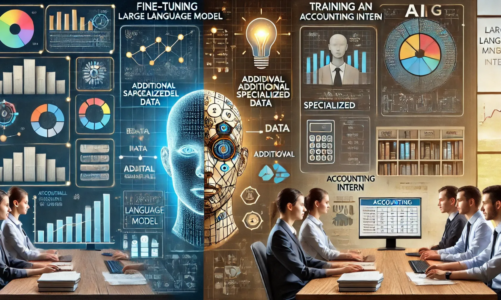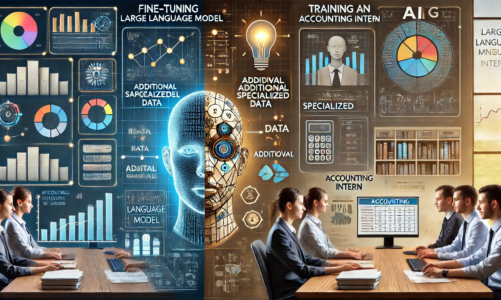Enterprises stand to gain immense benefits from generative AI, but like any transformative technology, its full potential will take time to unfold. Enterprise adoption of generative AI can be broadly divided into two categories:
(1) Productivity boosters: Use of packaged tools that enhance productivity, such as code assistants, enterprise knowledge management and specialized tools for knowledge workers
(2) Transformative: Leveraging generative AI to create new or replace existing applications and systems.
While the first category has already seen significant progress—with enterprises adopting these tools to improve cost efficiency, productivity, and quality—the second category remains in the experimental phase. In this blog, I share my thoughts on the emerging trends and potential impact of generative AI in this second category (Transformative).
My approach to Trend Predictions
- Examine the trajectory of generative AI over the past 2 years
- Highlight the key patterns likely to persist and potentially accelerate in 2025.
- Formulate predictions based on this observed trajectory.
Trend#1 Generative AI application development will become increasingly accessible and streamlined, driving a surge in enterprise investment and confidence. Businesses will increasingly leverage these technologies to enhance existing applications and pioneer innovative solutions across various sectors.
Trend #2: In 2025, we can expect a surge in high-performance open-source LLMs, with many approaching or even surpassing the capabilities of closed-source models. As a result, an increasing number of enterprises are likely to adopt open-source models over their closed-source counterparts.
Trend #3: In 2025, enterprises will increasingly adopt agentic workflows for low risk task automation. However, their use of agents for complex, bespoke tasks is likely to remain experimental.
Trend #4: Enterprises will (a) prioritize building a robust data foundation to support fine-tuning efforts and (b) increasingly leverage fine-tuning alongside or in place of relying solely on Retrieval-Augmented Generation (RAG).
Trend #5: Demand for IT professionals with practical Generative AI skills will skyrocket in 2025, driven by enterprises actively seeking individuals who can lead and execute their Gen AI initiatives.
Your thoughts, comments, disagreements?



